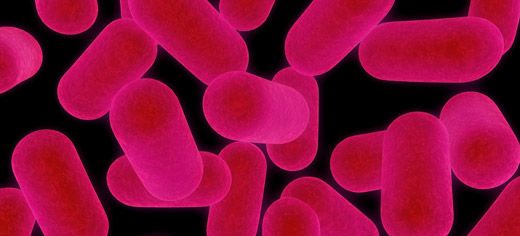
Specialist funds launched to support novel regenerative therapies
Exclusive funding for regenerative medicine projects with academic and industry collaborators has been launched at a special conference.

Exclusive funding for regenerative medicine projects with academic and industry collaborators has been launched at a special conference.
A rare kind of mineral which scientists hope could be used to remove toxic metals and radioactive species from the environment played a similar, crucial role early in Earth's history.
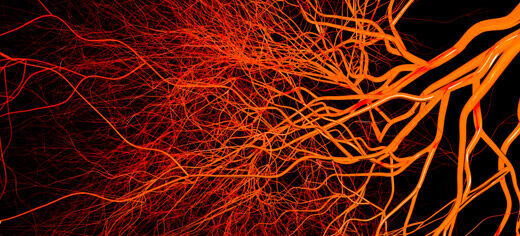
Scientists have shown how a promising viral therapy that delivers a double blow to cancer can sneak up on tumours undetected by hitching a ride on blood cells.

Medicines for treating ADHD will now include information written with youngsters and teens in mind, thanks to work by researchers at the University of Leeds and the MHRA.

Scientists at the University of Leeds are looking to discover how dust particles in the solar system interact with the Earth's atmosphere.
Three Leeds researchers have been recognised for excellence in medical science by being elected to the Fellowship of the Academy of Medical Sciences.
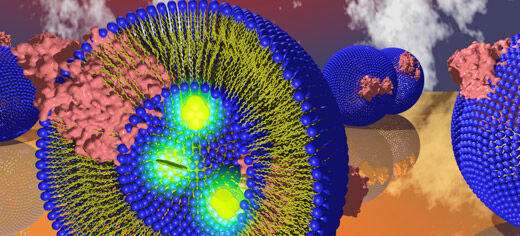
Researchers from the University of Leeds are studying how to make electricity from electrodes coated in bacteria, and other living cells, using light or hydrogen as the fuel.
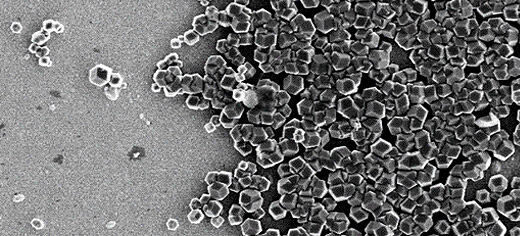
Forget computer viruses - magnet-making bacteria could be used to build tomorrow's computers with larger hard drives and speedier connections.
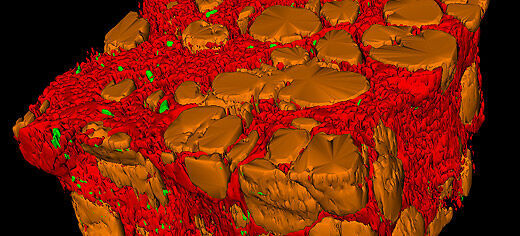
Computing experts and medical researchers at the University of Leeds have developed a fast, easy-to-use way of studying tissue samples in 3D using 'virtual' microscope slides.
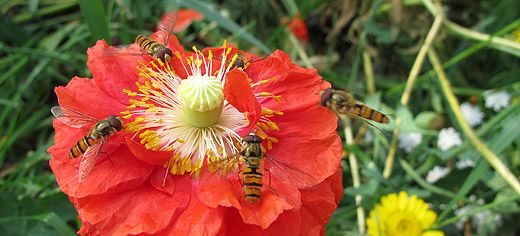
A three year £1.3 million research project will examine how bees, hoverflies and other pollinating insects are affected by city life.